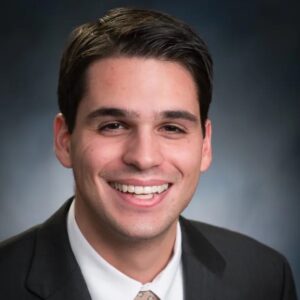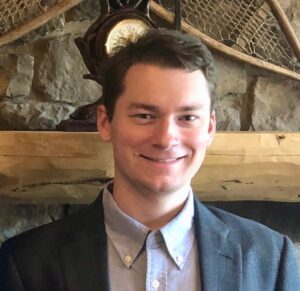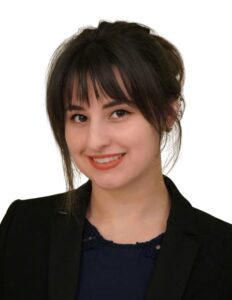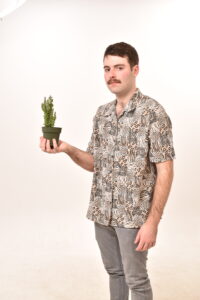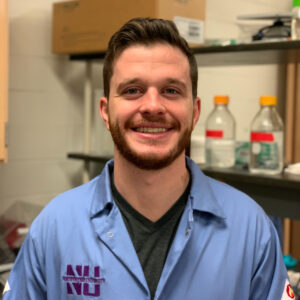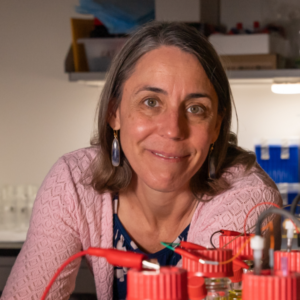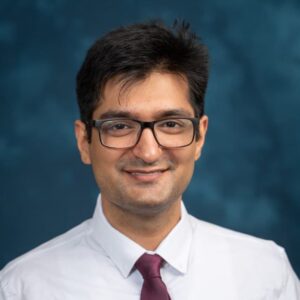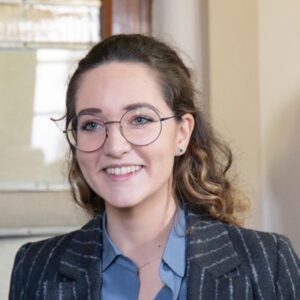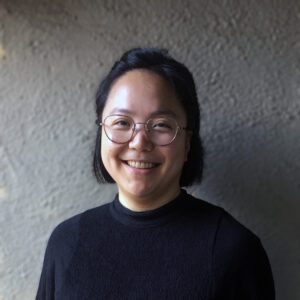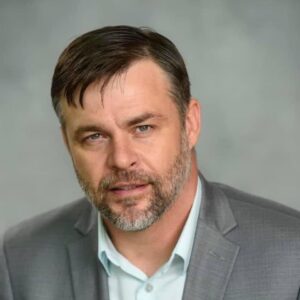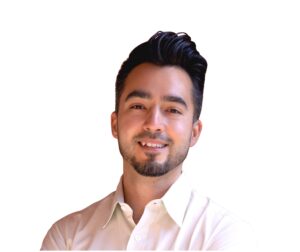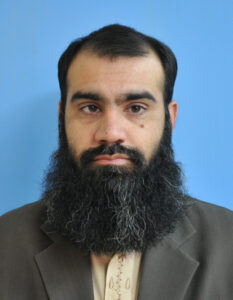Wilson Sinclair
Wilson Sinclair is a Postdoctoral Scholar at EBRC working in the Security focus area. His primary interests are synthetic biology investment, biosecurity policy, building a robust bioeconomy, and microbiome engineering. He is passionate about breaking down barriers between research disciplines and building bridges between experts in engineering biology and social sciences across academia, industry, government, and advocacy to solve complex global problems.
Prior to joining EBRC, Wilson was a Science Policy Intern at the NIH Office of Science Policy where he supported short- and long-term development of programs relating to bioethics, data science, and clinical research policy. His graduate research utilized bioorthogonal chemistry to study host-pathogen interactions in tuberculosis for therapeutic discovery. Over nearly a decade at the bench, he has applied his broad skills as a chemical biologist to several projects across the fields of glycobiology, synthetic chemistry, cancer immunology, and epitranscriptomics.
Wilson holds a Ph.D. in Chemistry from Stanford University. He also has a B.A. from Haverford College majoring in Chemistry with a Biochemistry concentration and Spanish minor. He is a Chicago native and enjoys spending his free time trying new restaurants, solving puzzles, and exploring museums.
